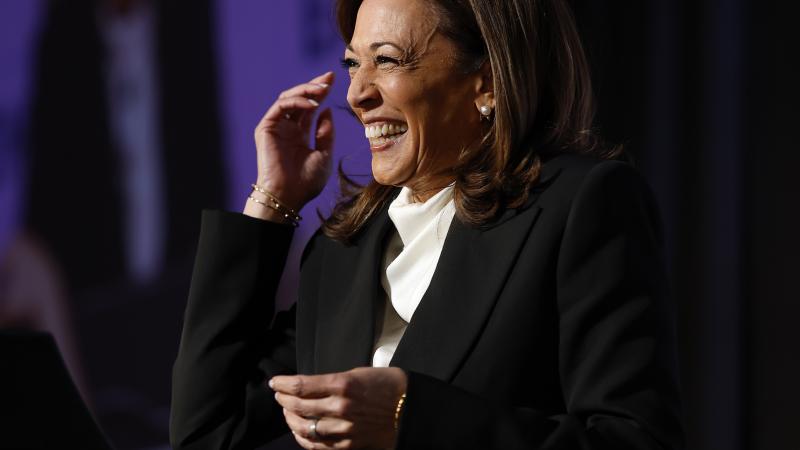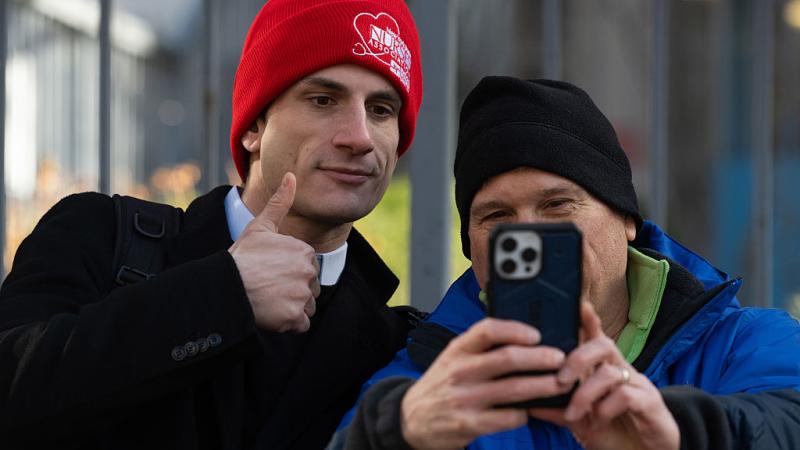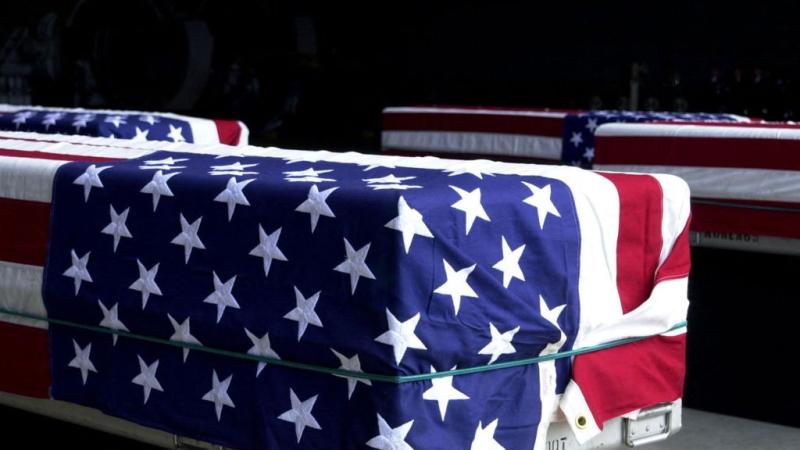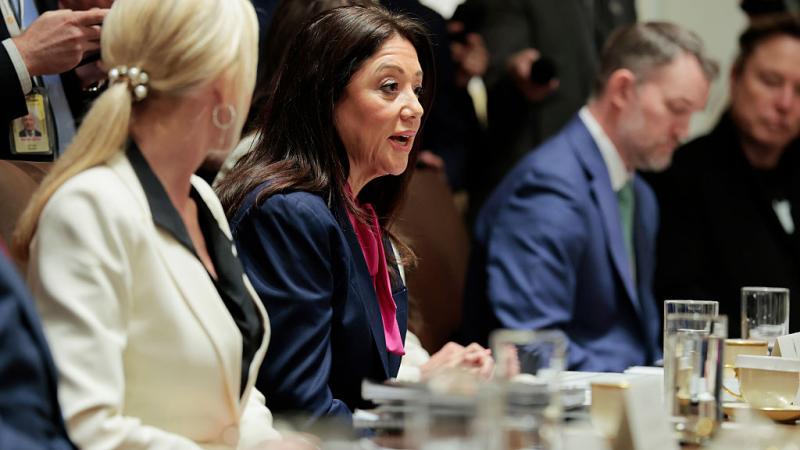Months after Trump complaints, some courts are finding irregularities in 2020 elections
Michigan, Wisconsin and Virginia court actions show some absentee ballot procedures imposed by Democrats violated state laws.
Long after former President Donald Trump dropped his legal challenges to the 2020 election, some courts in battleground states are beginning to declare the way widespread absentee ballots were implemented or counted violated state laws.
The latest ruling came this month in Michigan, where the State Court of Claims concluded that Democratic Secretary of State Jocelyn Benson's instructions on signature verification for absentee ballots violated state law.
Benson had instructed local election clerks a month before the Nov. 3 election to start with a “presumption” that all signatures on absentee ballots were valid and only reject those that had “multiple significant and obvious” inconsistencies. Republicans and one election clerk challenged her instructions in court.
Chief Court of Claims Judge Christopher M. Murray ruled March 9 that the state Legislature did not provide such guidance in its election laws, and therefore Benson needed to promulgate a formal rule – a timely process – before imposing such a requirement. Murray told election clerks they should disregard Benson's instructions in future elections.
"An agency must utilize formal rule-making procedures when establishing policies that 'do not merely interpret or explain the statute or rules from which the agency derives its authority,' but rather 'establish the substantive standards implementing the program,'" Murray ruled.
"The guidance issued by the Secretary of State on October 6, 2020, with respect to signature-matching standards was issued in violation of the Administrative Procedures Act," he concluded.
Benson's office has not said whether it will appeal.
In neighboring Wisconsin, the state Supreme Court handed down a significant ruling in December when the justices concluded that state and local election officials erred when they gave blanket permission allowing voters to declare themselves homebound and skip voter ID requirements in the 2020 elections.
In a case challenging the practice in Dane County, one of Wisconsin's large urban centers around the city of Madison, the state's highest court ruled that only those voters whose "own age, physical illness or infirmity" makes them homebound could declare themselves "indefinitely confined" and avoid complying with a requirement for photo ID.
The mere existence of a COVID-19 pandemic and shutdown orders was not sufficient under Wisconsin law for all persons to skip the voter ID requirements to seek to vote absentee, the justices ruled.
"We conclude that both the contention that electors qualify as indefinitely confined solely as the result of the COVID19 pandemic and the declared public health emergency and the contention that Wis. Stat. § 6.86(2)(a) could be used for those who 'have trouble presenting a valid ID' are erroneous because those reasons do not come within the statutory criteria," the court ruled.
In so doing, the court ruled that local officials like Dane County and Gov. Tony Evers did not have legal authority to exempt all voters to get an absentee ballot without an ID. Evers had issued an executive order earlier this year.
"We conclude that [Evers'] Emergency Order #12 did not render all Wisconsin electors 'indefinitely confined,' thereby obviating the requirement of a valid photo identification to obtain an absentee ballot," the majority ruling concluded.
The court filings indicated nearly 200,000 voters declared themselves permanently confined in the state's spring primary, a marked rise over prior years, and even more did so in the general election. Biden won Wisconsin by just 20,000 votes.
Meanwhile in Virginia, a judge in January approved a consent decree permanently banning the acceptance of ballots without postmarks after Election Day, concluding that instructions from the Virginia Department of Elections to the contrary in 2020 had violated state law. An electoral board member in Frederick County challenged the legality of the state's instruction and won though the ruling came after the election.
"If the return envelope has a missing postmark, the ballot shall be rendered invalid," Frederick County Circuit Judge William W. Eldridge IV ruled in the consent decree.
The Public Interest Legal Foundation, which represented electoral board member Thomas Reed called the ruling "a big win for the Rule of Law."
"This consent decree gives Mr. Reed everything he requested – a permanent ban on accepting ballots without postmarks after Election Day and is a loss for the Virginia bureaucrats who said ballots could come in without these protections," PILF President and General Counsel J. Christian Adams said.
Several more legal challenges remain in states, as well as two audits/investigations of voting machine logs that are pending in Georgia and Arizona. And while there has been no proof the elections were impacted by widespread fraud, there are still significant disputes over whether rule changes and absentee ballot procedures in key swing states may have been unlawful.
In addition, the Thomas More Society's Amistad Project on election integrity is pursuing litigation over whether hundreds of millions of dollars donated by Facebook founder Mark Zuckerberg and routed to local election officials in several battleground states may have unlawfully influenced the election, according to the project's director, Phill Kline.
"We're expanding our litigation," Kline told the John Solomon Reports podcast on Wednesday. "I still have suits that are active in Michigan and Georgia on this, and you'll see us take new action in Wisconsin. And we will renew action in Pennsylvania. And, and our involvement in Arizona will take a little bit of a different tack, but will involve this. The Arizona legislature is going to do an audit and we want this within the scope."
In other words, the election between Joe Biden and Donald Trump may be settled, but the battle over how elections will be governed – especially as it relates to absentee ballots and private funding of election clerks – has only just begun.
















